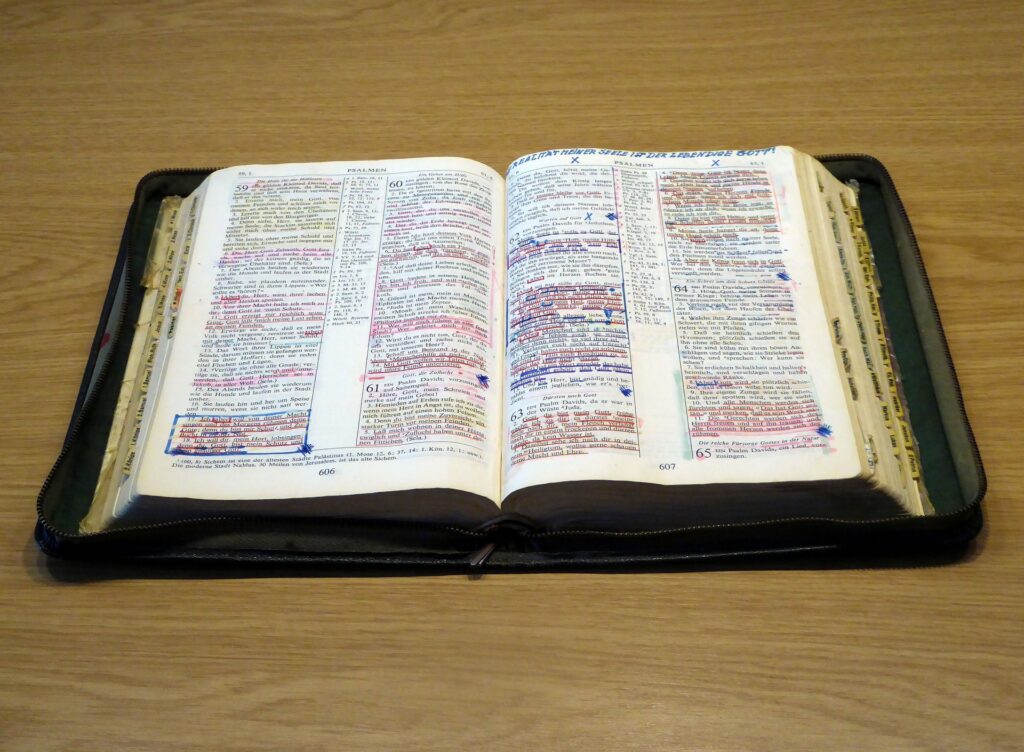
I am the Good Shepherd (John 10:1-21)
Is it possible for one to enter Jesus’ sheepfold by climbing “in by another way?”
Why does the shepherd of the sheep enter through the door?
Would the sheep not also hear the voice of the thief and robber?
The shepherd calls his own sheep by name. What does this tell us about the shepherd’s knowledge of his sheep? Would he be able to call the sheep of another shepherd by name?
Why might the shepherd go before his sheep?
Why do the sheep know the shepherd’s voice?
Why do sheep flee from the voice of strangers?
“This figure of speech Jesus used with them, but they did not understand what he was saying to them.” Should the Jews have understood what Jesus was saying? Why would Jesus use a figure of speech his hearers would not understand?
In what way(s) is Jesus the door of the sheep?
How were those who came before Jesus thieves and robbers? If those who came before him gained a following (see Acts 5:36-37), how can Jesus say that the sheep did not listen to them? How could the people tell (and how can we tell) who is a false prophet and who is a true prophet?
What is the full and abundant life Jesus offers?
Why does the good shepherd need to lay down his life for the sheep?
Why would the hired hand care nothing for the sheep and thus flee in the face of danger?
How does Jesus know his own? How do his own know him?
Who are the other sheep “that are not of this fold?” Why did Jesus need to bring these other sheep into the fold? Has Jesus already brought in these other sheep? If so, when?
Why was there a need for only one flock and one shepherd? Does this speak about the need for Christian unity? What can you do to achieve unity among Christians?
If the Jews urged Pilate to crucify Jesus and Romans nailed him to the cross, how could Jesus say that no one took his life from him?
Why did some think Jesus had a demon or was insane?
What lessons might there be here for shepherds in today’s church?





